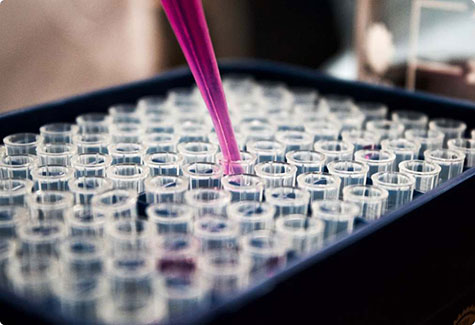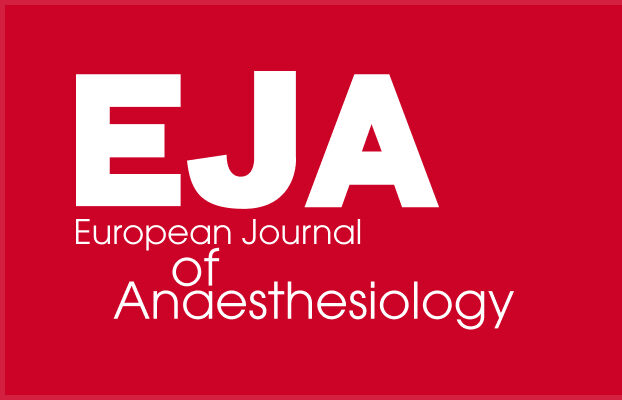ESAIC News
The Remarkable Journey of Anaesthesiology Accreditation at LSMU
In a remarkable achievement for medical education in the Baltic region, the Department of Anaesthesiology at the Lithuanian University of Health Sciences (LSMU) has secured international accreditation for its Training in Anaesthesiology and Intensive Care (ATAIC) programme. Formerly known as The Hospital Visiting and Training Accreditation Programme (HVTAP), this prestigious recognition by the European Society of Anaesthesia and Intensive Care (ESAIC) marks the third consecutive accreditation for the department, positioning it as a beacon of excellence in anaesthesiology training.
Under the stewardship of Professor Andrius Macas, who serves as both the Dean of the LSMU Faculty of Medicine and the Head of the Department of Anaesthesiology, this outstanding journey has seen the department rise to prominence not only within Lithuania but across Europe.
In an exclusive interview, Professor Macas shares insights into the rigorous evaluation process, the significance of ATAIC accreditation, and the department’s commitment to delivering world-class education and training in anaesthesiology and intensive care. From the initial application to the meticulous scrutiny of infrastructure, teaching methodologies, and faculty expertise, Professor Macas provides a behind-the-scenes look at the tireless efforts that have propelled the department to its current stature.
The first audit leading to the initial accreditation of the Kaunas University Hospital took place ten years ago. Do you remember why you applied in the first place and what expectations you had about the programme?
At that time, the Kaunas University Hospital was rapidly growing. Our clinic was established in 1997, and prior to that, anaesthesiology was only a division where clinical work was performed. Truth be told, we had a theoretical department of Anaesthesiology and Reanimatology since 1975, but it was separated from the clinical setting and dedicated to the preclinical studies of the students. Our residency programmes were initiated only in the 1990s with an initial duration of two years. The first ten years of the development in the Anaesthesiology Department were primarily focused on establishing internal processes. Around 2010 we became aware that the European Society of Anaesthesiology (ESA at the time) together with the European Board of Anaesthesiology (EBA) had a very notable initiative to accredit centres as centres of excellence for anaesthesiology training. We decided to assess ourselves – “where we are?” and “Are we aligned with the standards of other European centres?”.
What significance did this accreditation hold, and why was it important?
It was crucial that we were acknowledged by ESAIC (ESA at the time) and EBA. International recognition motivates residents and teachers Moreover, it was even acknowledged by state authorities. Although international accreditation is not mandatory in our country, it remains one of the cornerstones of our quality acknowledgements.
As part of the ATAIC certification, a 2-day visit is organised to assess various aspects of the hospital, department, and training structure. What were the main benefits of this visit for your department?
Primarily, it concerns self-assessment and recognition. We observed a significant increase in the attractiveness of our clinic for residency training, resulting in a notable rise in the number of applications received. It is worth highlighting that our residency programme is recognised as the second most sought-after training programme, following only the cardiology programme, within both the University and the entirety of Lithuania.
Your department received accreditation for four years, and you sought re-accreditation immediately after the previous accreditation had lapsed. What motivated your decision?
The main reason was to assess our current standing and explore avenues for further development after four years. Moreover, there was heightened apprehension, as we anticipated the need for changes not only in training but also within the clinical setting, including enhancements to post-anaesthesia care and the provision of medical simulation opportunities for residents. It is noteworthy that the second re-accreditation apposed significant challenges as we endeavoured to advance our processes further. Fortunately, state authorities were receptive to our application for the initiation of a five-year residency programme. This marked a notable extension from the previous four-year duration. Additionally, we diligently monitored various processes pertaining to the well-being of our residents.
What key insights or lessons did your team learn from the accreditation process, and how do you believe these could benefit other programme leaders striving for accreditation?
We were delighted when we began this journey. The initial accreditation was highly significant as it provided structured recommendations for further improvement. While these remarks posed a challenge for the centre, they also presented clear opportunities for enhancing daily practice and training.
Initially, the first step is simply to give it a try. Before accreditation, you receive a form for self-evaluation which also contributes to improvement. The next step involves receiving warm recommendations from visitors, some of which may be unexpectedly valuable.
As a final remark, how do you envision the future of this initiative and its impact on the field?
I would personally like to encourage the ESAIC to continue advancing this initiative as we consider it crucial for further monitoring our development. Additionally, it is heartening to see support from our Baltic neighbours, Latvians in Riga and Estonians in Tartu Universities and Universities hospitals also participating in these processes.
Thank you for your time, and I look forward to meeting you again in five years!
Authors
- Dr Leila Niemi-Murola (MD, PhD) – ATAIC Committee Member, MME title of Docent, senior clinical lecturer, Fellow of Teacher’s Academy in the University of Helsinki, National CBME facilitator, postgraduate education, University of Helsinki and Helsinki University Hospital, Finland.
- Prof. Andrius Macas (MD, PhD) – Dean of Medicine, Head of Anaesthesiology Department , Lithuanian University of Health SciencesHospital of Lithuanian University of Health Sciences Kaunas Clinics, President of Lthuanian Society of Anaesthesiology and Intensive Care.









